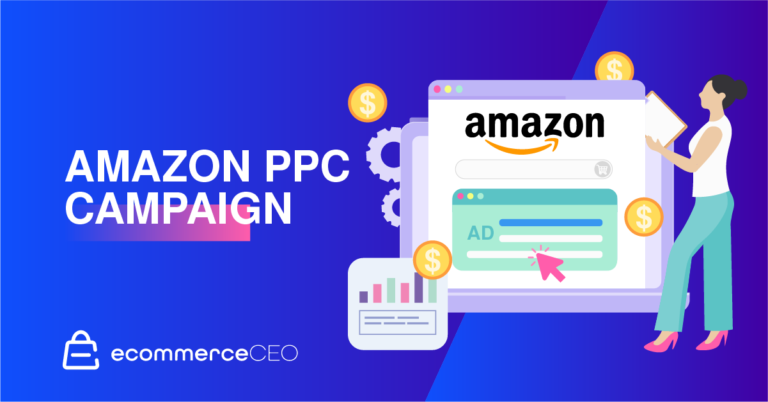
Marketplaces are a great way to get your product in front of more people and new customers. But some downsides can come with large marketplaces that promise quick and cheap deals. For a seller, it might mean having to lower your prices to keep up with competition overseas or hiring more employees to get your products out fast. So how do you get your products in front of millions without sacrificing a profit?
That’s where boutique marketplaces come in! An online marketplace that allows you to join other high-quality, vetted sellers displaying products across multiple categories. These marketplaces can be an important part of your online selling strategy. Boutique marketplaces offer a few unique advantages.
More Products Mean More Viewers
The decision to sell your goods on a marketplace is usually driven by the need for more customers, and marketplaces offer their customers a variety of options and price points. As a seller, you want to look for marketplaces that know how to drive traffic. Christmas.com, for example, combines an extremely popular domain name (that drives organic traffic!) with nearly two decades of experience in e-commerce marketing techniques. That means you’ll find new customers easily.
Competition
Boutique marketplaces are much more selective about which sellers they accept. Their objective is to find the best fit for their audience, rather than having the most sellers on the platform. This guarantees customers authentic and quality items. For a seller, it means you have less competition. Compare that to Amazon. If you include Amazon marketplace sellers, you will find almost 350 million products. How do you stand out among the competition? One option may be to lower your price. That leads us to the next point…
Pricing
Boutique marketplaces usually limit competition among sellers, so you don’t have to compete with overseas sellers or even domestic sellers of the same style of goods. You can set competitive pricing, instead of joining the “race to the bottom” you may find in large marketplaces. And with sites like Christmas.com, you don’t pay fees unless you sell. That means you get to keep more of your profits.
Stand Out
With reduced competition, your products are much more likely to be discovered. A smaller marketplace with a devoted following is also more likely to highlight your successful products. Christmas.com offers free media spotlight opportunities that you would have to pay for on any of the larger marketplaces.
Large marketplaces are kings, but the e-commerce landscape is always evolving. Do your marketplace research. Ask yourself a few key questions.
- How many sellers are already selling similar products on this marketplace?
- Can I compete with those prices and fees?
- How much is this marketplace willing to help me reach my target sales?
Timing is also critical. Consider that according to the National Retail Federation, customers planned to spend $1,000 on winter holidays, including Christmas and Hanukkah, in 2020. If your products typically experience heavy Q4 sales, it’s important to get started now.
Interested in diversifying your selling strategy with the right niche marketplace?
Apply at Christmas.com.






